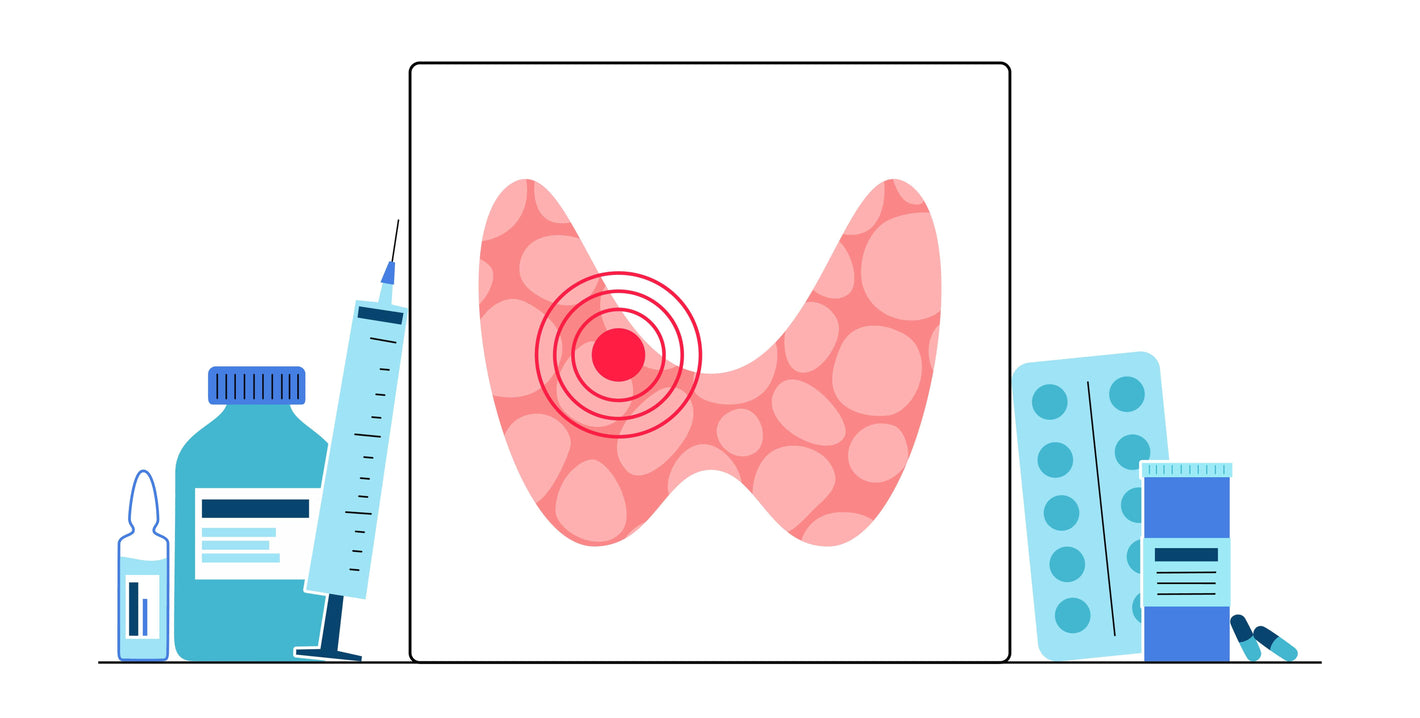Graves-Disease Symptoms
An autoimmune condition called Graves' disease causes an excessive amount of thyroid hormone to be produced. This may result in a variety of symptoms, such as anxiety, irritability, weight loss, and elevated heart rate. Graves' disease can cause serious side effects like heart issues and osteoporosis if it is not treated. Anti-thyroid drugs, radioactive iodine therapy, or thyroid gland removal surgery are the usual forms of treatment. When Graves disease enters remission on its own, no treatment is required. In order to better understand Graves-Disease , Welzo users should read this article.


 Rated Excellent by 26,523+ Reviews
Rated Excellent by 26,523+ Reviews